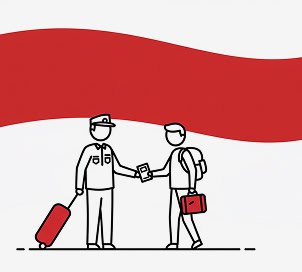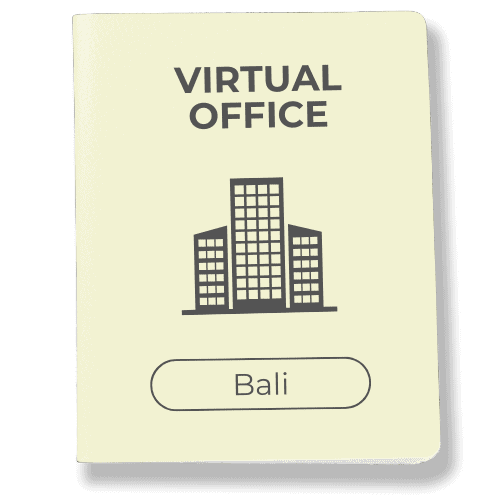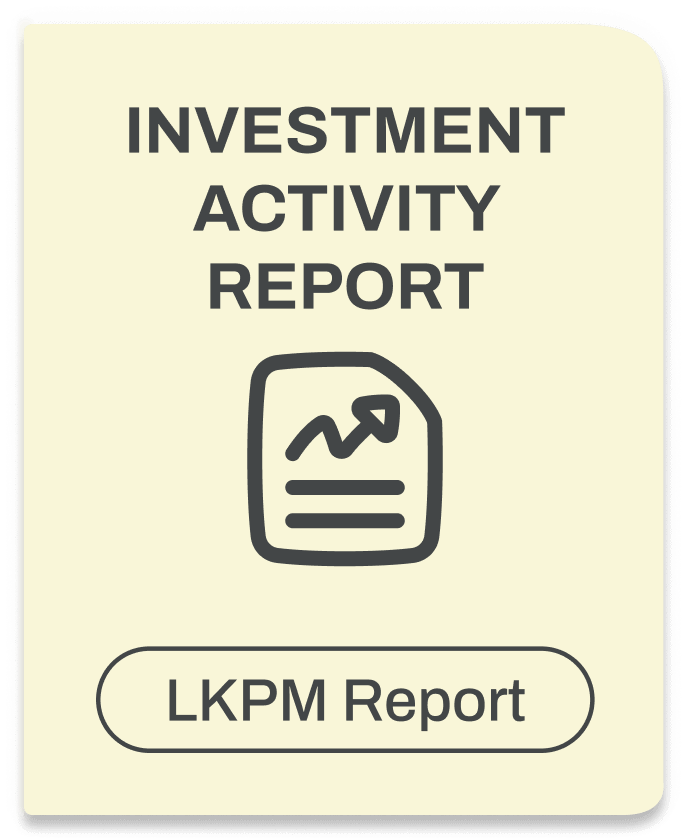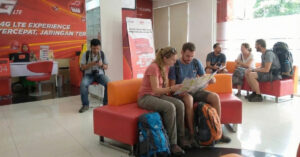What Happens on Indonesia’s Independence Day 2025?

Every year on August 17th, Indonesia bursts into color and celebration as the whole country comes together to honor Independence Day. It’s more than just a public holiday, it’s a heartfelt tribute to the nation’s hard-won freedom. Across the archipelago, the red and white flag, a powerful symbol of unity and pride, is raised high at the presidential palace, government offices, and local communities alike, reminding everyone of the strength that comes from standing together as one nation.
As the country honors its journey to independence, the celebrations foster a strong sense of nationalism, togetherness, and pride in the nation’s achievements. The day is filled with cultural performances, parades, and community events, all organized with the support of government agencies and the enthusiastic participation of the general public.
History and Significance of Indonesian Independence
The story of Indonesian independence is one of resilience and hope. On August 17, 1945, Indonesia declared its sovereignty, ending centuries of colonial rule and ushering in a new era for the country. This historic proclamation is commemorated every year with the raising of the red and white flag, a powerful emblem of freedom and national identity.
For Indonesia, Independence Day is more than just a holiday, it’s a celebration of the country’s enduring spirit. It marked by cultural performances, lively parades, and friendly competitions that bring communities together.
Public Holiday Observances
Indonesian Independence Day is a true public holiday, observed in every corner of the country. On August 17, government offices, schools, and many businesses close their doors, giving everyone a chance to join in the festivities. The day is all about community, families, friends, and neighbors coming together to celebrate the nation’s independence with pride and joy.
In 2025, the government has extended the holiday to August 18, allowing the general public even more time to participate in events like the independence carnival and other local celebrations. This extended break ensures that everyone, from schoolchildren to business owners, can take part in the activities, strengthening the sense of unity and national pride that defines Indonesian Independence Day.
Heads-Up: Visa and Document Processing Delays
If you’re planning to apply for a visa or process official documents in Indonesia, keep in mind that many government offices, including immigration services, will either close or operate with limited staff from August 15th to 18th due to the national holiday. That means longer waiting times and slower responses during this period.
To avoid delays, it’s a good idea to complete any important paperwork before the 15th.
That’s where Visa-Indonesia.com can help. We stay on top of holiday schedules and immigration updates, so you don’t have to stress about the timing. When you apply with us, we’ll let you know how long things might take and keep you updated throughout the process.
Already a client? We got your back like always. We’ll send you reminders when it’s time to renew your visa or start any paperwork, so you never miss a deadline, risk a penalty, or face last-minute surprises. Instead, you can focus on enjoying your trip, worry-free.
Cultural Performances and Events
No Indonesian Independence Day would be complete without the dazzling array of cultural performances and events that fill the streets with color and excitement. Across the country, traditional dances, music, and theater unite communities, celebrating the diverse heritage that makes Indonesia unique.
The government organizes lively people’s parties, where the public can enjoy delicious food and drinks from street vendors while watching cultural performances that highlight the nation’s artistic talents. The festive spirit is contagious, with parades winding through every streets in Indonesia, showcasing the country’s cultural diversity and national pride.
These events are more than just entertainment; they celebrate unity, togetherness, and the enduring spirit of Indonesian independence, inviting everyone to participate and share in the joy of the holiday.
Traditional Community Festivities
While the big national-level ceremonies happen in Jakarta, the real magic is what happens in the neighborhoods, streets, schools, and all across the country.
Communities often hold competitions as part of the festivities, organizing everything from traditional games to creative contests that bring everyone together.
Locals organize an independence carnival or mini-festival in nearly every town and village. Streets are decorated with red and white flags, and kids help hang up banners and handmade signs. You’ll see families working together to set up booths, games, and stages for cultural performances.
Here are just a few examples of the fun activities you might see: It’s a celebration created by the general public, not the government, and it shows how united and proud Indonesians are of their freedom.
Greased Pole Climb (Panjat Pinang)
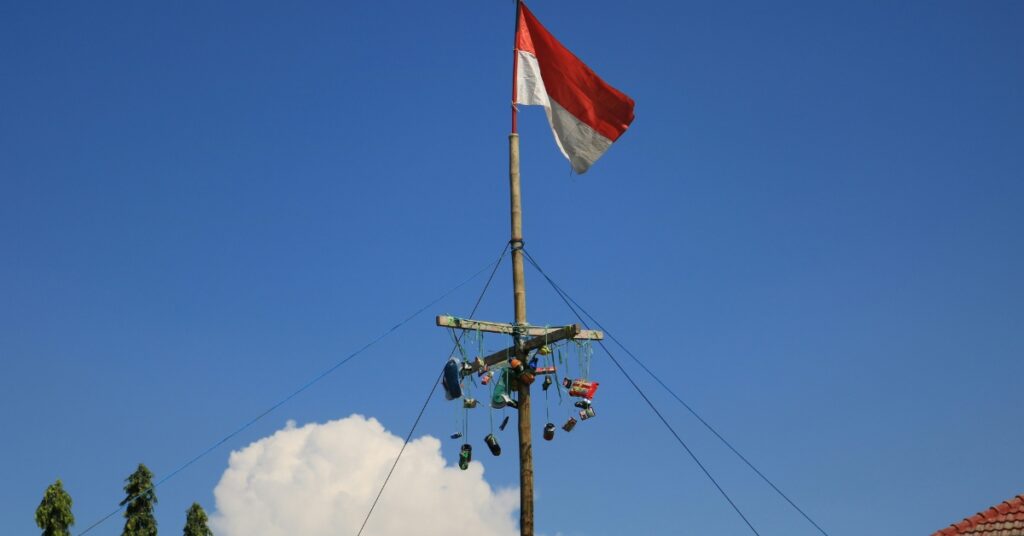
A tall wooden pole, often made from areca or palm tree, is slicked with thick grease or oil, making climbing nearly impossible. Colorful prize bags dangle at the top, filled with snacks, clothes, or even money. Teams of participants strategize together, forming human pyramids and gripping each other tightly to make slow progress upward. It’s loud, messy, and exciting as the crowd cheers every slip and near-success. This game isn’t just about winning; it tests teamwork, determination, and a good sense of humor.
Sack Race
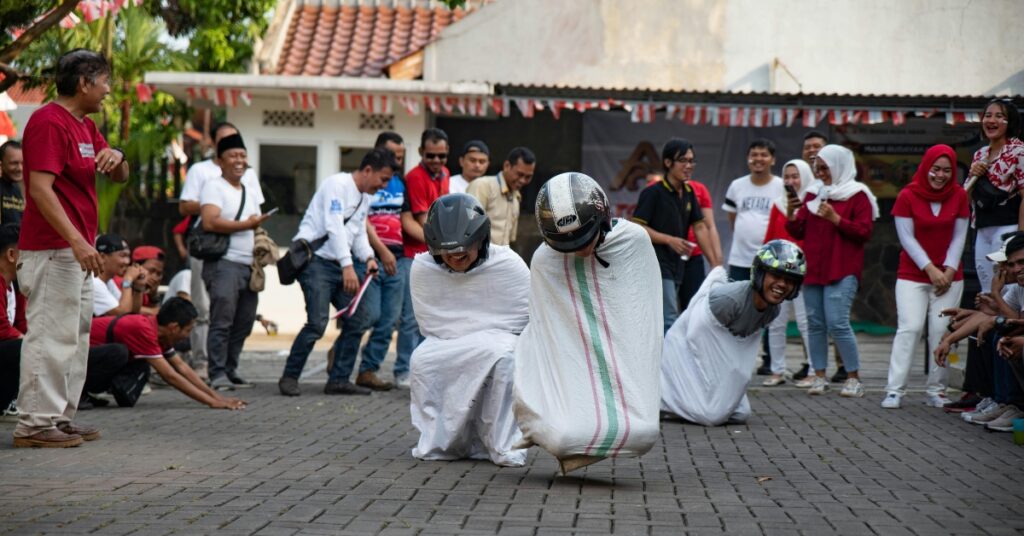
In Sack Race or Balap Karung in Indonesian, participants step inside burlap sacks, grip the top tightly, and hop as fast as they can toward the finish line. It might sound simple, but balancing while jumping takes real skill and often ends in laughter. Kids and adults alike stumble, bounce into each other, and sometimes fall in a heap before getting back up. The race isn’t just about speed; it’s about having fun, being silly, and enjoying the shared chaos with neighbors and friends.
Cracker-Eating Contest (Lomba Makan Kerupuk)
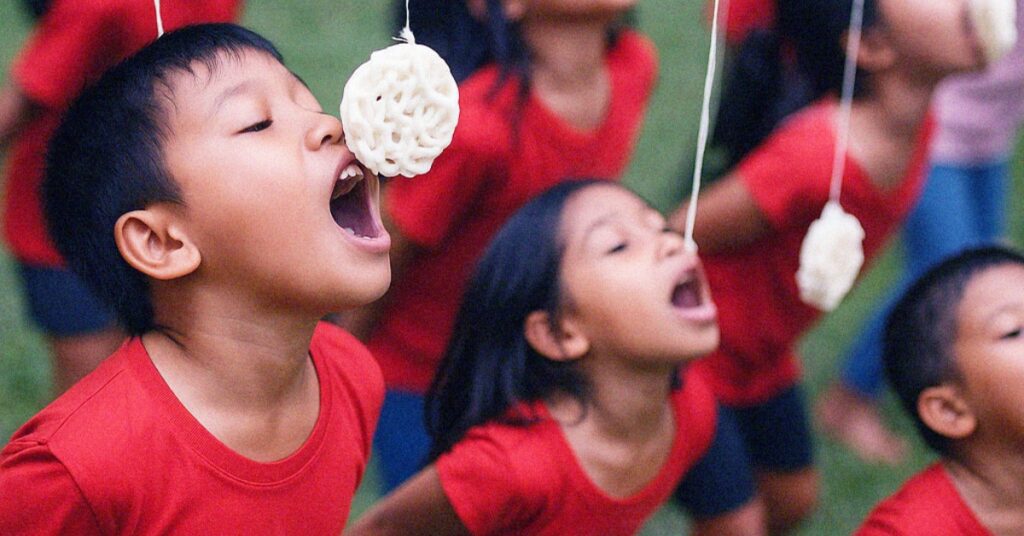
The Cracker-Eating Contest is a playful and highly entertaining game to watch. The participant tries to eat a crunchy rice cracker (called “kerupuk”) that’s tied to a string and suspended just above their mouths. The rules are simple: no hands allowed! Participants must stand with their hands behind their backs, stretching their necks and using only their mouths to bite and chew the dangling snack. The challenge gets even trickier when the cracker swings in the breeze or the string bounces from laughter and movement nearby.
Tug of War (Tarik Tambang)

This classic game is a test of raw strength, coordination, and team spirit. Two teams grab onto opposite ends of a thick rope, dig their heels into the ground, and pull with all their might, trying to drag the other team past a marked center line. The tension builds as the rope creaks and the teams shout in unison, pushing themselves to the limit. Spectators cheer, chant, and sometimes even jump in to offer tips or encouragement.
Wooden Sandal Race (Balap Bakiak)
This hilarious team game features three players wearing a pair of long wooden clogs, called “bakiak,” that are connected side by side. Each person places one foot into the shared sandals, forcing the entire team to move as one. Success depends on clear communication, perfect rhythm, and a strong sense of balance. If just one person steps out of sync, the whole team stumbles or crashes to the ground, causing fits of laughter from the crowd. It’s a perfect mix of coordination challenge and comic entertainment, and it’s always a hit at community events.
Stilt Walk Race (Egrang)
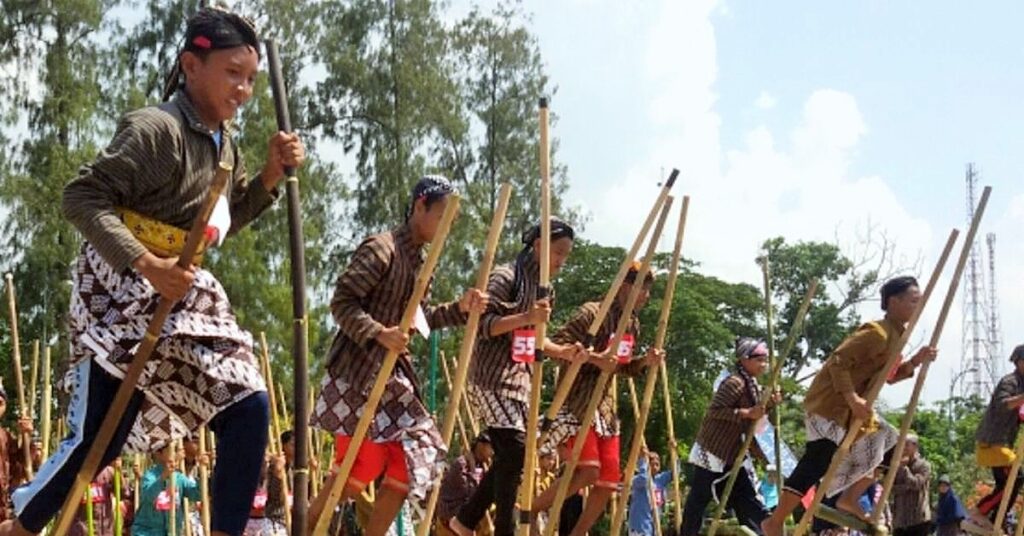
Egrang is a tall bamboo stilt used in traditional games, especially during Independence Day celebrations. In this exciting challenge, participants climb onto the stilts and try to walk, or even race, without falling. The egrang, often handmade by locals, can reach impressive heights and require strong legs, sharp balance, and serious concentration to master.
Each step tests coordination and nerve, and it’s common to see beginners wobble or tip over, drawing laughter from the crowd. But once someone finds their rhythm, they can glide across the ground with surprising grace. Spectators especially love seeing children take on the challenge, often with oversized stilts and oversized smiles.
Regional Flavors & Island Highlights
Indonesia is made up of more than 17,000 islands, and each region has its own way of celebrating Independence Day. While the big ceremony in Jakarta gets national attention, the local traditions across the country are just as exciting, and often more colorful!
Don’t miss the unique regional celebrations, as each area offers something special for visitors and locals alike.
Java
In Java, especially in cities like Yogyakarta and Surabaya, celebrations often include cultural performances such as gamelan music and traditional shadow puppet shows. You might also see schools organizing art parades or flag-raising contests that involve both students and teachers.
Java is also famous for its organized neighborhood competitions and beautifully decorated streets. Residents take pride in decorating their neighborhoods and actively participating in events, with women often joining as members of the honor guard or in parade groups, highlighting inclusivity and community spirit.
Bali
Over in Bali, Independence Day mixes patriotism with spirituality. Villagers often begin the day with prayers at the temple before joining community games and flag-raising ceremonies. Tourists can also see red and white flags flying alongside temple banners. Some towns even hold ceremonies with traditional Balinese dance, and residents ensure that no one misses the festivities by inviting everyone to join.
Sumatra
In Sumatra, the vibe is bold and proud. Cities like Medan and Padang often host big carnivals with traditional costumes, food stalls, and music. You can smell the spices in the air as local dishes are served by street vendors. The spirit here is strong, and people gather in town squares to sing patriotic songs and celebrate as a nation.
Parades pass through main streets and landmarks, with crowds cheering as floats and marching bands pass by. Flag-raising ceremonies are carefully scheduled according to local time to ensure consistency across regions.
Kalimantan
In Kalimantan, communities near rivers celebrate with boat races and water games. These events are perfect for bringing the general public together, especially in smaller towns where people know each other well. In some areas near the border with Malaysia, residents may participate in cross-border festivities or discuss shared traditions, emphasizing the close ties and occasional disputes between the two countries.
Sulawesi
In Sulawesi, competitions are the main attraction. From bike decorating to quiz contests about Indonesian history, children, teens, and adults all get involved. The day usually ends with a public holiday dance performance in the town center.
Papua
Even in the remote highlands of Papua, the celebration goes deep. Locals mix traditional Papuan songs with modern Indonesian Independence Day themes. The day is also used to talk about people’s welfare and the dreams of a more prosperous future for their communities.
However, some people in remote areas are unable to join the main events due to distance or limited access, but they still celebrate in their own meaningful ways.
Across the islands, the heart of the celebration is the same: pride in the republic, joy in freedom, and a strong sense of community spirit. Whether you’re in a big city or a small village, you’ll see that the love for Indonesia runs deep and wide, just like the country itself. Many regional celebrations attract attention from around the world, and Indonesian communities worldwide also mark the occasion with their own festivities.
Economic & Social Impact
Indonesia’s Independence Day isn’t just a time to celebrate with flags and games. It also brings a noticeable impact on the economy and the way people connect with each other.
Let’s start with the economic side. During the days leading up to August 17, you’ll notice a burst of activity in markets and shops. Businesses offer discounts, special bundles, and “red-and-white” themed products to attract customers. Even street vendors take part by decorating their stalls and selling holiday snacks and souvenirs.
Big malls and online stores often run “Independence Sales” in August, and many families go shopping to prepare for the big day. It’s common to see people buying new clothes in red and white, flags for decoration, or items to use in competitions and ceremonies. This increased spending supports both small and large businesses across the country.
Many events focus on values like freedom, people’s welfare, and national pride. Some neighborhoods even organize talks or shows about the history of the republic and the importance of staying united as a nation. These moments remind everyone, young and old, why the day matters. The official act of declaring independence is often commemorated, and acts of community service are encouraged as part of the holiday’s significance.
This strong spirit of togetherness leaves a lasting impact. Even after the celebrations end, people feel more connected to their country and to each other. The joy, the laughter, the teamwork, they all help create a more prosperous and peaceful society, at least for a little while. Indonesian communities around the world also recognize and celebrate Independence Day, with embassies and diaspora groups holding events in many countries.
How to Join In, For Locals and Visitors
If you’re interested in watching or participating in Indonesia’s Independence Day events, there’s no shortage of exciting ways to get involved. Whether you’re a local or a visitor, this is the perfect chance to soak in the country’s festive energy, culture, and strong sense of community.
In tourist-friendly areas like Bali, hotels, cafes, and beach clubs often organize their own Indonesian Independence Day events to welcome both locals and travelers. You might enjoy cultural performances such as Balinese dance, live gamelan music, or traditional costume parades.
Many venues decorate their entrances and dining areas with red and white flags, banners, and themed lighting. Some places offer free red-and-white snacks like klepon or pandan cakes, run trivia games about Indonesian history, or give out miniature flags and souvenirs. These events provide a fun and friendly way for visitors to learn about local traditions while joining in the holiday spirit.
The main parade in Jakarta passes through notable locations, such as from the Monas area to the Semanggi intersection, with parade floats and honor guards passing by cheering crowds. Don’t miss the passing of marching bands and decorated vehicles along the route.
Here are a few simple tips to help you enjoy the day:
- Respect the flag: Don’t step on it, drop it, or wear it as clothing.
- Dress modestly if you attend an official event.
- Support local businesses by buying snacks or souvenirs from street vendors.
- Ask permission before taking photos of people or events, especially in smaller villages.
No matter if you’re a local or a guest, Independence Day is a time to celebrate freedom, honor the republic, and feel the warmth of community. All you have to do is show up, smile, and enjoy the moment.
Ready to Apply or Extend Your Visa?
Let our visa specialists handle your application.

